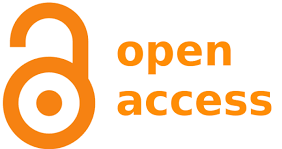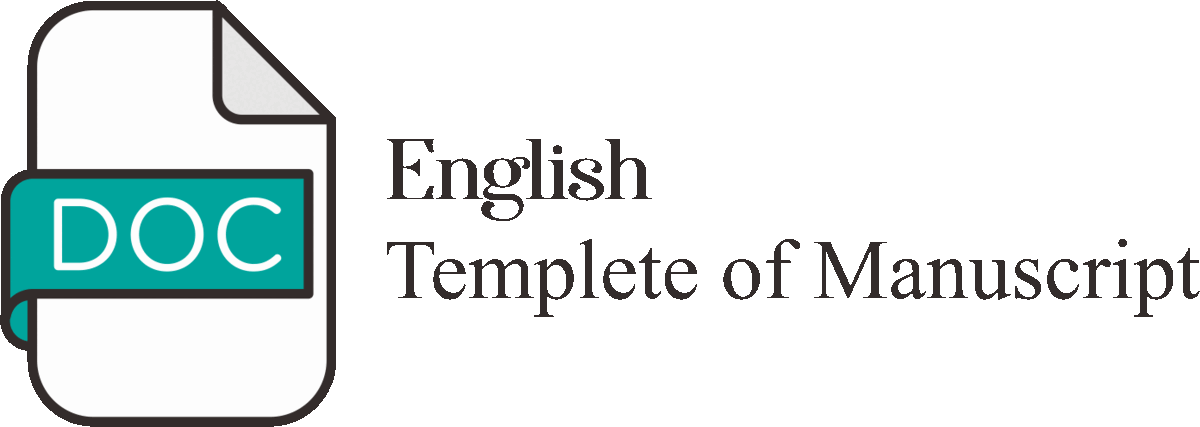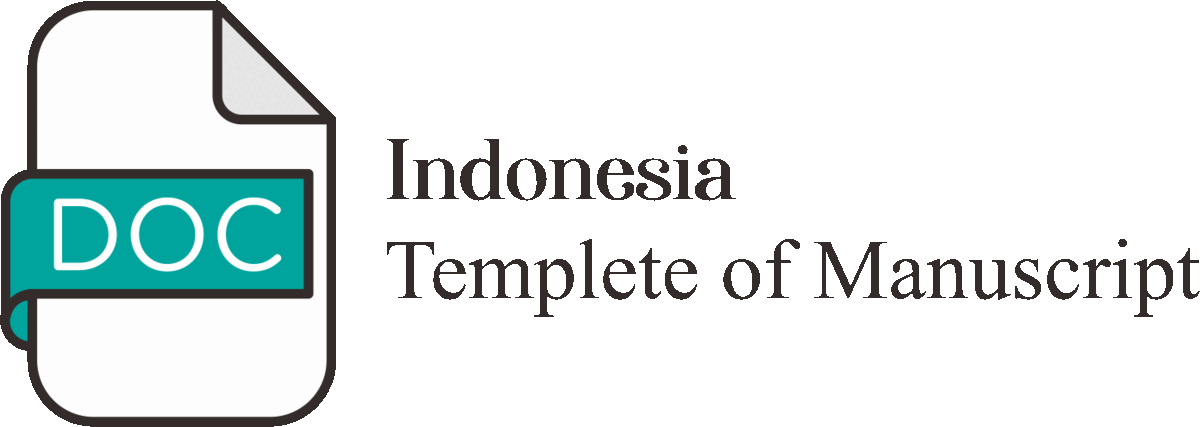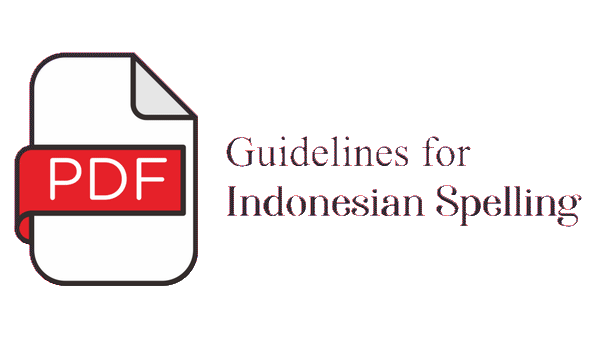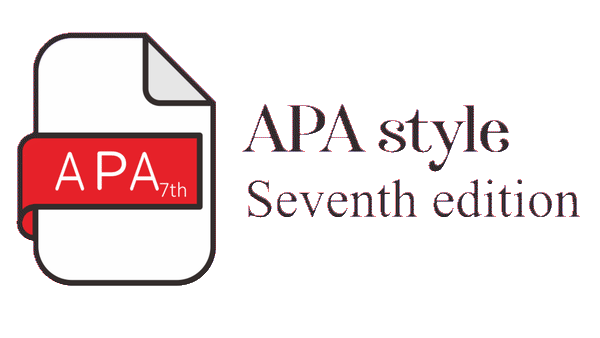ANALISIS DAMPAK SUBSIDI INPUT TERHADAP EFISIENSI EKONOMI USAHA BUDIDAYA IKAN KERAPU DI KABUPATEN PESAWARAN, LAMPUNG
Abstract
Tulisan ini bertujuan untuk menganalisis perkiraan dampak subsidi input terhadap efisiensi ekonomi budidaya ikan kerapu dalam keramba jaring apung dan menentukan pilihan subsidi input yang optimal bagi keberlanjutan usaha. Penelitian dilakukan di Perairan Ringgung Kabupaten Pesawaran, Lampung pada bulan September - Desember 2010. Contoh responden dipilih secara sengaja menggunakan metoda sensus. Data yang digunakan adalah data primer dan dianalisis dengan menggunakan pendekatan fungsi biaya. Hasil penelitian menunjukkan bahwa pangsa faktor usaha (sebagai proksi efisiensi ekonomi) budidaya ikan kerapu memiliki respons positif yang nyata terhadap perubahan harga benih, harga pelet ikan, harga pakan rucah ikan dan harga keramba jaring apung; dan memiliki respons negatif yang nyata terhadap perubahan upah tenaga kerja. Pemberian subsidi input berdampak positif terhadap pangsa faktor usaha budidaya ikan kerapu. Di samping itu, pilihan subsidi input yang optimal untuk meningkatkan
pangsa faktor usaha adalah subsidi input benih dan pakan rucah ikan masing-masing sebesar 10% disertai subsidi bahan bakar minyak sebesar 30%. Berdasarkan temuan tersebut dan demi menjaga manfaat subsidi input bagi pengembangan usaha budidaya ikan kerapu di lokasi penelitian, pemerintah perlu menetukan formulasi dan mekanisme yang tepat pemberian subsidi input untuk usaha budidaya ikan kerapu. Pada satu sisi memperhatikan pentingnya efisiensi ekonomi (pangsa faktor) sebagai salah satu indikator keberlanjutan usaha, namun di sisi lain tidak menimbulkan semakin besarnya pengangguran.
Tittle: Impact Analysis of Input Subsidies to Economic Efficiency of the Grouper Fish Culture in Pesawaran, Lampung.
This paper was aimed to analyze possible impact of input subsidies to economic efficiency of the grouper fish culture in floating net cage, and determine level of input subsidies for maintainning sustainability of the business. This study was conducted in the regency of Pesawaran of Lampung province in September - December 2010. Sample respondents were purposely selected using a census method. Primary data were analyzed using the cost function approach. Results showed that share factor of grouper fish culture was a significant positively response to change in seed price, price of fish pellet, trash fish prices and prices of the floating net cage, and was a significant negatively response to change in labor cost. Input subsidies were a positively impact on the share factor of grouper fish culture. In addition, the optimum level of input subsidies to increase share factor can achieved by increase 10% of seed and trash fish feed subsidies, and 30% of fuel subsidies, respectively. Based on these findings and in order to maintain potential benefits of input subsidies in the development of grouper fish culture development, government should impose appropriate formulation and mechanism input subsidies for grouper fish industry. In one side, attention should be given on economic efficiency (factor share) as one of sustainability indicators of the business, and in the other side, this policy imposed should not create unemployment problem.
Keywords
Full Text:
PDFDOI: http://dx.doi.org/10.15578/jsekp.v6i2.5771
Indexed by:
-------------------------------------------------------------------------------------
Published by
Research Center for Marine and Fisheries Socio-Economic
in collaboration with
Indonesian Marine and Fisheries Socio-Economics Research Network

This work is licensed under a Creative Commons Attribution-NonCommercial-ShareAlike 4.0 International License.


